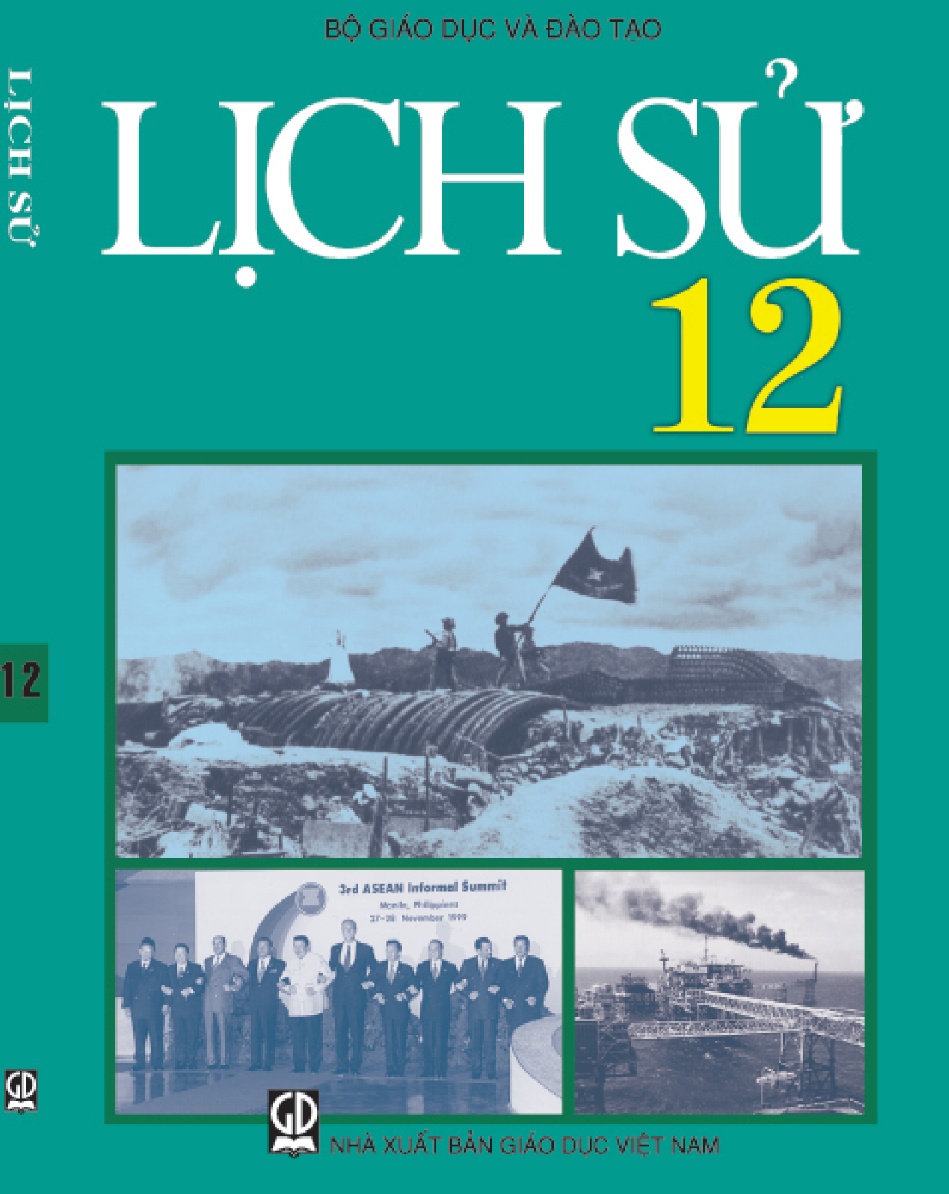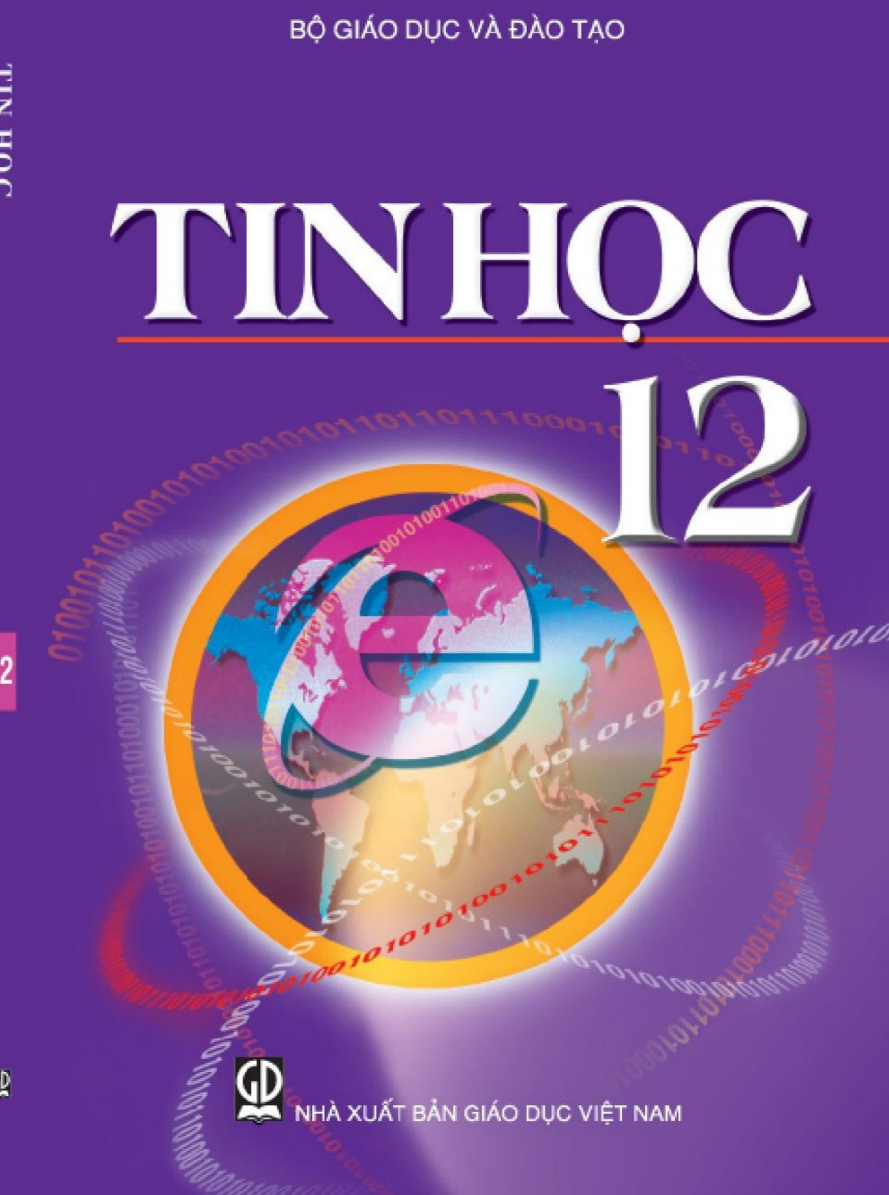(Page 49)
II. LANGUAGE
Pronunciation
Unstressed words in connected speech
💡Remember!
In connected speech, most grammatical words are not usually stressed. These words include:
• articles: a, an, the
• prepositions: above, for, of, to, until, etc. personal pronouns: I, you, we, they, he, she, it
• possessive adjectives: my, your, our, their, her, his, its
• auxiliary verbs: be, have, do, etc. conjunctions: and, but, or, etc.
• modal verbs: can, will, etc.
• the expressions: there is, there are, etc.
1. Listen and repeat. Pay attention to the pronunciation of the unstressed words. 🎧
1. It's been three years since your last visit.
2. Fresh air and a walk sound nice.
3. It's the first time I've been on an electric bus.
4. I guess urbanisation can also cause problems.
2. Listen and identify the unstressed words in the following sentences. Then practise saying the sentences in pairs. 🎧
1. A new convenience store has been opened near my house.
2. There are still a lot of problems in our cities today.
3. It is much more expensive to buy a house in a big city.
4. My father was offered a new job and his office will be in a high-rise building.
(Page 50)
Vocabulary
Urban life
1. Match the words with their meanings.
| 1. afford (v) | a. to become larger in size, number, or importance |
| 2. housing (n) | b. the number of people not having a job |
| 3. expand (v) | c. to have enough money to buy or do something |
| 4. seek (v) | d. houses, flats, etc. that people live in |
| 5. unemployment (n) | e. to look for something or somebody |
2. Complete the sentences using the correct forms of the words in 1.
1. Higher _____ can result in increasing crime rates in big cities.
2. Not many young couples can _____ to buy their own house in big cities.
3. There is a shortage of affordable _____ in big cities.
4. Since they started using farmland for building houses, many towns have _____ into cities.
5. Many people are leaving the countryside in order to _____ better opportunities in big cities.
Grammar
Present perfect (review and extension)
💡Remember!
• We use the present perfect to describe something that started in the past and is still happening now, or something that was completed in the very recent past.
Example: A lot of young people have moved to big cities to work or study.
• We also use the present perfect to say how many times something has happened with the following structure:
It/This/That + be + the first/the second time + Subject + have/has (done)...
Example: This is the second time I have visited this city.
It is not the first time I have heard about urbanisation.
• We often use the present perfect for a unique experience with the following structure:
It/This/That/Noun or Gerund phrase + be + the best/the worst/the only/the most beautiful/ ... + Subject + have/has (ever done)...
Example: That is the worst meal I have ever had in this city.
Moving to the city is the best decision my parents have ever made in their life.
(Page 51)
1. Circle the underlined part that is incorrect in each of the following sentences. Then correct it. 
1. This is the first time I saw such a tall building in my life.
A B C D
2. Mount Fuji in Japan is the most beautiful place we had ever visited.
A B C D
3. This has been the second time my mother has warned me not to spend all my money on clothes.
A B C D
Double comparatives to show change
💡Remember!
• We use double comparatives to snow change.
Example:
Towns are getting bigger and bigger.
The air is becoming more and more polluted.
There are more and more high-rise buildings in the city.
• We also use double comparatives to say that two things change together.
Example:
The bigger the city gets, the more crowded it becomes.
The more we invest in rural areas, the more we can help people there.
2. Choose the sentence that has the closest meaning to the given sentence. 
1. Housing is getting more and more expensive in big cities, so many local residents can't afford to buy their own place.
clothes.
A. Many local residents in big cities can't buy their own place because housing is becoming more expensive every day.
B. More and more local residents can't afford their own place in big cities because housing is too expensive.
C. Housing is getting affordable enough for many local people to buy their own place.
D. Housing in big cities has become the most expensive these days, so many local residents can't afford their own place.
2. The more people move into big cities, the higher the unemployment is.
A. The higher the unemployment is, the more people move into big cities.
B. More people moving into big cities causes higher unemployment.
C. More people move into big cities despite the high rate of unemployment.
D. More people move into big cities because there are more employment opportunities there.
3. The more houses are built, the less space we have for plants and trees.
A. Although more houses are built, we still have some space for plants and trees.
B. The fewer houses we build, the less space we have for plants and trees.
C. We have less space for plants and trees because more houses are built.
D. Plants and trees are the reasons why more houses can't be built.
3. Work in pairs. Make true sentences about urbanisation in an area that you know, using double comparatives and the present perfect.
Example:
Urbanisation has changed my home town a lot. The local authority has expanded the roads and improved the infrastructure. More high-rise buildings have been built. There are more and more people from the nearby villages. They have come to work in the local factories.

























